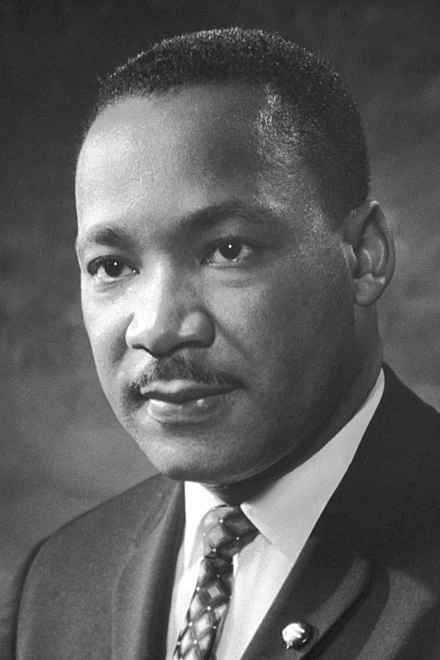In our Inquirer’s Series – the after-Sunday-service sessions designed for newcomers (and everyone else too)– one of the sessions is devoted to learning about the “Liturgical Year” of the Fellowship. The idea of “liturgy” (which is most commonly defined as “the work of the people”) comes from our Christian roots where it refers to both the order of service for Sunday worship and the annual calendar of holidays and holy days. Unitarian Universalism does not have an official liturgical calendar, though some celebrations are widely shared among congregations – for example the Czech Flower Ceremony, the Joining of the Waters, and National Pride Month.
In my own liturgical year, two of the most important days are the birthday of Martin Luther King, Jr, and the holiday which remembers it. (This year they are the same day). I was only ten years old when King was killed: I still have strong memories of his face and voice on television, and the scenes of his funeral. When I became a student for UU ministry, I began to read his collected sermons and writings, and I have been doing so ever since. I imagine that I will continue to study his life and work for the rest of my life.
Martin Luther King, Jr. was born in 1929. If he had lived, he would have been 95 years old. He was murdered 56 years ago, at the age of 39. How different would our country have been, would we all be, if he had lived this long? We have now been observing his birthday as a holiday for 38 years – nearly as long as his short life. So much has changed since his death, and so much has hardly changed as all. Washington Post writer Perry Bacon, Jr noted last year that “the protests after the murder of George Floyd led to a society-wide rethinking of America’s policies toward Black Americans, but not much policy change.” In truth, the justice King advocated, and died for, remains elusive too much of the time.
The annual observance of Martin Luther King, Jr. day is an opportunity for learning and contemplation of where we’ve come from and where we’re going, in this particular history, this specific tragedy of American racism. A day to listen again to his words and the words of others and to acknowledge our own lives within this history, which includes right now. What will we do with this day, for the promise which still calls? What can we do, beginning now?
In 1966 King wrote: “Our goal is to create a beloved community and this will require a qualitative change in our souls as well as a quantitative change in our lives.” May this be a year in which we see changes in our souls, in ourselves, and in the communities we are part of, including the Fellowship. Let us begin again.

